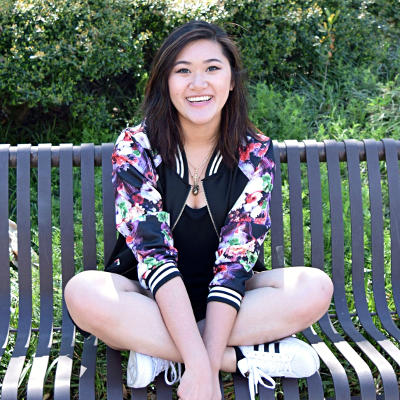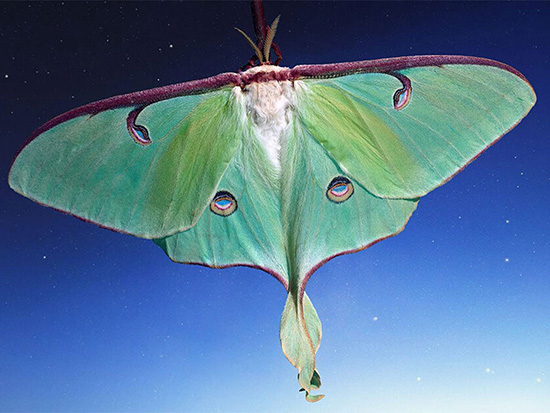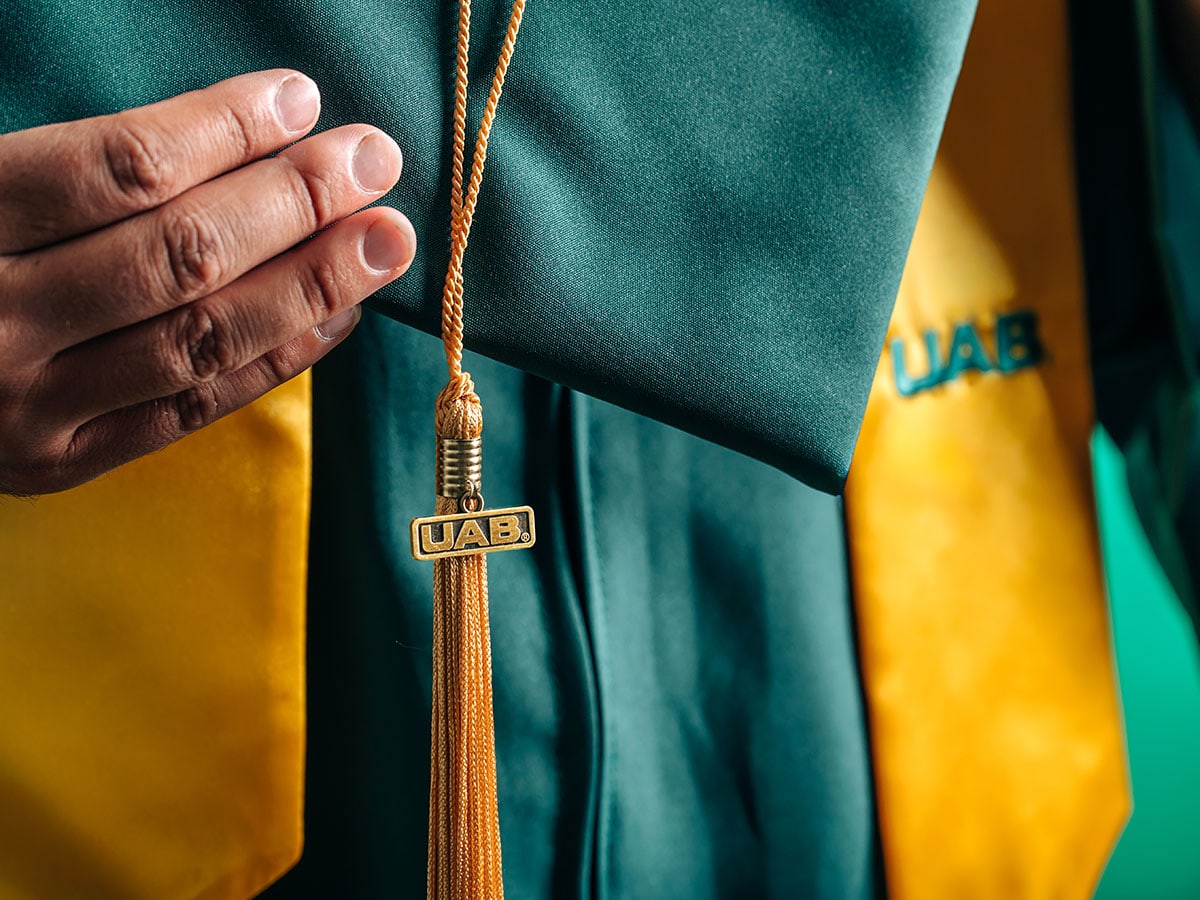Celeste Fong, a senior majoring in the Undergraduate Neuroscience Program, writes about her experiences in the program and at UAB.
Whether you read any of the other senior spotlights, or saw my picture and noticed I was Asian, it will probably come as no surprise when I say I came to UAB with the hopes of becoming a physician. Choosing my major, I didn’t put too much thought into what I would study. My cousin decided to major in neuroscience and suggested I join her, so I did. I thought, “Courtney is much smarter than me. It must be the right choice!” Neuroscience was different and exciting, but when I met with Dr. Carl McFarland I learned that the UNP was more than just that, and being a part of the neuroscience family would provide me with the best undergraduate experience possible.
 When I came to UAB I realized there were so many opportunities that I had yet to be introduced to, and I wondered if there were fields apart from medicine that I might be better suited for. I stepped away from the conventional route and began to do some exploring. I became involved in Dr. Qin Wang’s neurobiology lab where I researched the interaction of a2A adrenergic G-protein coupled receptors during the formation of Ab plaques in Alzheimer’s disease. This was my first foray into the field of neuroscience, and I was blown away! I had never comprehended how complex and mysterious the brain truly was, and I was fascinated by the information I learned in both the lab and my neuroscience classes.
When I came to UAB I realized there were so many opportunities that I had yet to be introduced to, and I wondered if there were fields apart from medicine that I might be better suited for. I stepped away from the conventional route and began to do some exploring. I became involved in Dr. Qin Wang’s neurobiology lab where I researched the interaction of a2A adrenergic G-protein coupled receptors during the formation of Ab plaques in Alzheimer’s disease. This was my first foray into the field of neuroscience, and I was blown away! I had never comprehended how complex and mysterious the brain truly was, and I was fascinated by the information I learned in both the lab and my neuroscience classes.
I am glad that the UNP and University Honors Program provided a curriculum that encouraged me to explore other avenues. I was able to take art studio electives and receive minors in chemistry, Chinese, and philosophy. Outside of classes, I had the chance to be an international mentor for many of UAB’s international students, serve as co-chair for UHP’s recruitment committee for two years, and, with the help of Dr. Cristin Gavin, start a fun UNP blog. Outside of the university, I participated in the U.S. Department of Energy’s undergraduate internship program, where I worked for two summer semesters at Brookhaven National Lab in New York. There, I interned in the Sustainable Energy Technologies Department, quite a step away from my predominantly biomedical background. I found that I had the skills to learn and succeed in an entirely novel field, and I gained the confidence to pursue different opportunities, even if they were outside of my comfort zone.
Despite my love for science, we could never be exclusive. The University Honors Program was my chance to take a break from science, do a one-eighty, and incorporate a liberal arts curriculum into my education. I read War & Peace (talk about a real accomplishment), took nine-hour essay exams, and had a seminar about aliens. I learned to approach my studies from an interdisciplinary perspective, and soon found myself needing more from the strict science classes. Philosophy allowed me to gain the deeper understanding of neuroscience, and science as a whole, that I craved. This has easily become the most impactful experience of my undergraduate career. It taught me to love learning for the sake of learning and inspired me to alter my post-graduate plans.
My time at UAB has been filled with the most random, meaningful experiences. I can’t thank the Undergraduate Neuroscience Program and University Honors Program enough for their support in my various endeavors. Following my graduation, I will attend Emory University to study for a Master of Arts in Bioethics, and obtaining a neuroscience degree has influenced me to pursue neuroethics as my main research interest. The education I have received has done nothing but scratch the surface of the neuroscience field, yet it has been invaluable. I knew I was right to choose the neuroscience major four years ago! I mean, technically Courtney was right, although I did call it so who’s really the smart one here?


